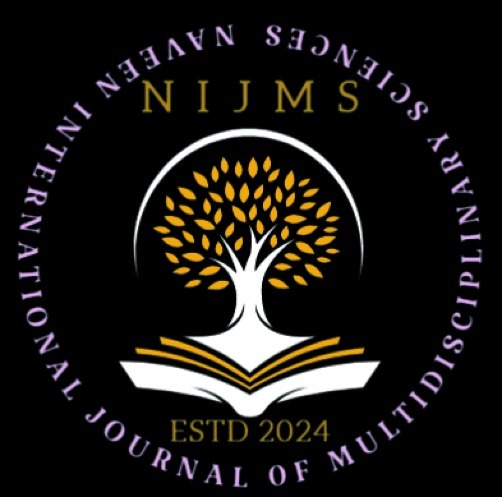Systematic analysis of obstacles preventing quality education for children in slum areas
DOI:
https://doi.org/10.71126/nijms.v1i4.41Abstract
Education is the basic foundation of the overall development of society and it is also the fundamental right of every child. When it comes to access and quality of education in a developing country like India, it is seen that the most marginalized sections of the society, especially children living in slum areas, are deprived of this right. This paper specifically analyses the immence barriers that stand in the way of quality education for children in slums. Children living in these areas are facing a variety of problems,like enrolling in school because of lack of required documentation, lack of physical infrastructure, adequate schooling, existing poor buildings, toilets and non-availability of drinking water. Moreover, due to weak economic condition of family, children often gets drop out of school to work as labourers or taking up household responsibilities. Socio-cultural factors such as parents' illiteracy, apathy towards education, child marriage, gender discrimination and social stigma also hinder children's learning. At times, children face discrimination, humiliation or even violence in school, which breaks their morale. Shortage of teachers, Defected teacher training programs, lack of teaching spirit among teachers in schools affect the quality of education. The impact of government schemes such as Sarva Shiksha Abhiyan, Mid-Day Meal Scheme, and initiatives such as the RTE Act has been limited, as their implementation is often weak and corrupt. In the era of moving towards digital education, slum areas are deprived of digital facilities, due to which their education comes to a complete halt in situations like COVID-19. In conclusion, it is concluded that mere formulation of policies is not enough to provide quality education to children in slum areas, but their effective implementation, community participation, teacher training, financial support and social consciousness are essential.
Keywords: Slums, Child Education, Inequality in Education, Educational Barriers, Socio-Cultural Barriers, Digital learning Gap, Child Rights, Inclusive Education.
Downloads
Published
Issue
Section
License
Copyright (c) 2025 Naveen International Journal of Multidisciplinary Sciences (NIJMS)

This work is licensed under a Creative Commons Attribution-NonCommercial 4.0 International License.













